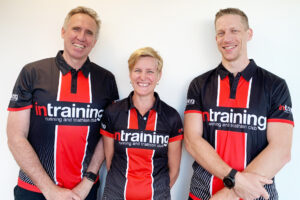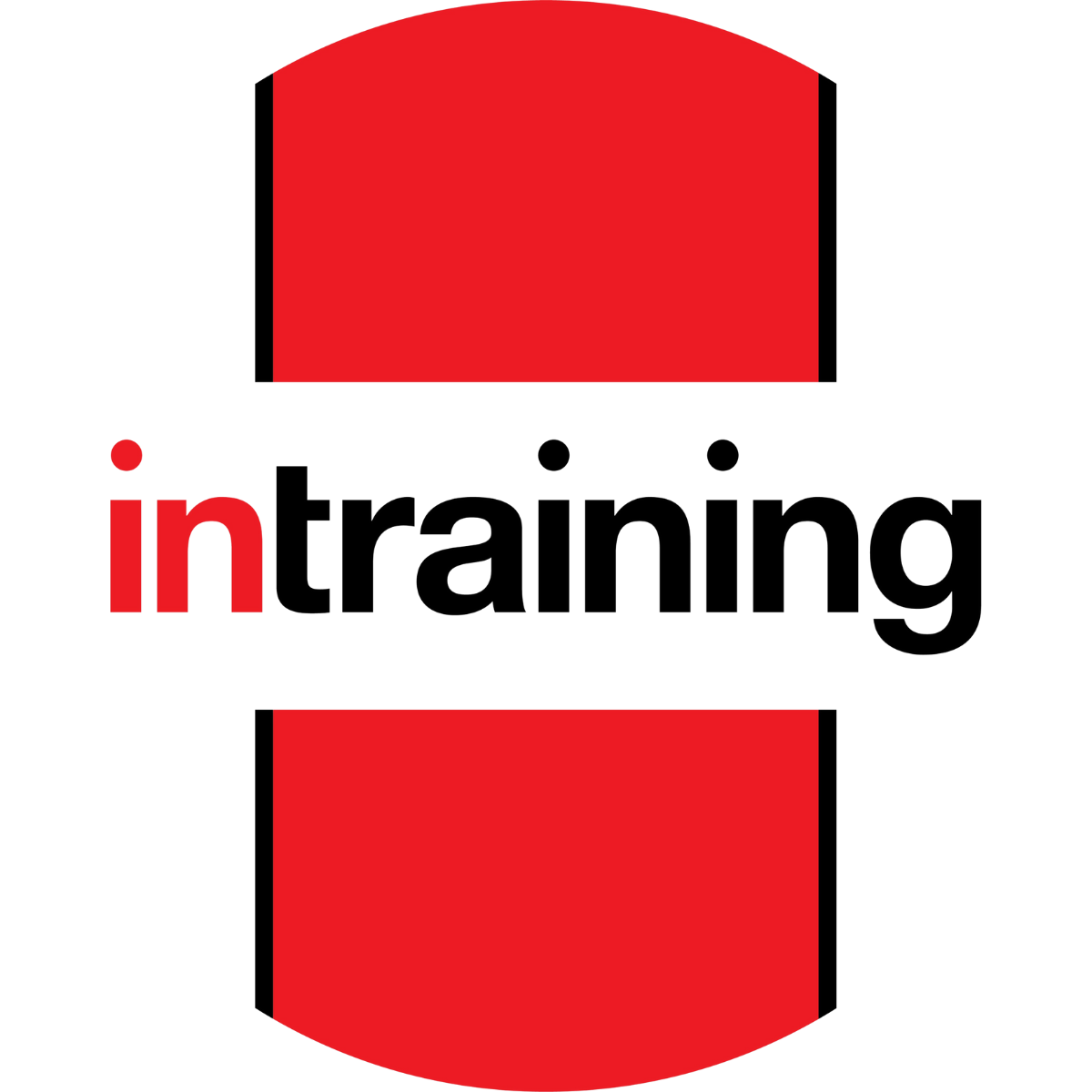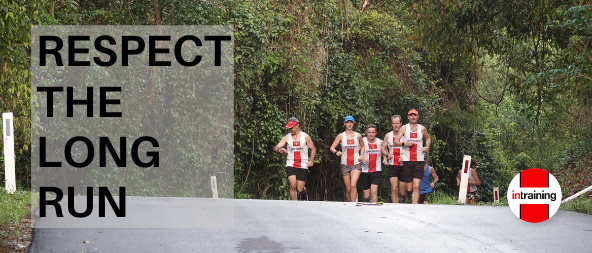Respect the Long Run
by Steve Manning, intraining coaching director (Level 4 AT&FCA coach), founder intraining Running Centre and intraining Runners School
Long Runs are a key session for any distance running program. They are runs of sufficient duration that they can approach the limits of your endurance capacity. For some people that may be 10km but for most people training for half marathons and marathons, it is any run beyond 90 minutes.
Here are 5 quick tips to help you maximise the benefits of your long run:
Tip 1: Know your pace
- Run your long runs 30 to 60 seconds slower than your marathon or half marathon goal race pace.
Tip 2: Run it easy
- Early in the season try to get through the distance as easy as possible. In the last 2 to 3 months before your major goal race you can start to run the last few kilometres of your long run at goal race pace.
Tip 3: Consolidate your distance
- Run the same distance twice before increasing your long run distance.
Tip 4: Plan recovery from your long runs
- Make sure you have no more than three weeks in a row of doing long runs. The recovery week helps you absorb the benefits of your long runs.
Tip 5: Be careful in your last long run
- Be careful you do not run your race effort in your last long run. Do no long runs the week before a half marathon and two weeks before a marathon.
Keep reading below to ensure you can stand confidently at the start line of your goal race this year.
If you need more help in planning your training book in for a personalised training program with Steve Manning at intraining Running Centre.
BOOK HERE or phone 07 3367 3088
Benefits of long runs:
Long Runs build your confidence for race day. When you stand on that marathon start line you can draw strength from the fact that you have had multiple runs of 30km and beyond. They toughen you up so that you can deal better with any problems in the race.
The physiological benefits of long runs are significant. They are the best way to develop a greater capillary network so that oxygen can be transported efficiently to the working muscles. Long runs deplete your glycogen stores forcing your body to adapt and store more energy in your muscles and liver. Long runs will also increase your total blood and plasma volume reducing the risk of dehydration and increasing the oxygen carrying capacity of your blood.
Long Run Risks
Long Runs can be a trap for obsessive people. They are a higher injury risk session as they can suppress your immune function and reduce Human Growth Hormone production.
Long Runs should not compromise the other vital parts of your training program. Too many runners place too much importance on their weekly long run and then miss out on other important sessions like races and speedwork.
Running Long runs will not teach you to run fast. If you never run faster than your marathon goal pace in training you will struggle to do it when you want to in your race. Running your long runs at a marathon pace will just cause you to break down and probably means you will never reach your potential.
The important thing to remember about training is that performance gains only occur when recovering. If the session is too hard or you do not allow adequate time to recover before doing another hard session then you will miss out on the benefits of that session.
Long Runs can temporarily reduce your coordination and deplete your strength. You should follow a long run with an easy day and avoid any speedwork or races until you have recovered sufficiently.
Increasing your long runs
Follow a progressive program of increasing your long run distance. Early in the season, you want to run very easy not worrying about the pace or distance but just getting time on your feet. You can then start to do more specific runs over a similar terrain as your goal race.
It is best to run a few runs at one distance before bumping up to the next distance. Marathoners may start with 20km and then go up to 25km then 30km before doing a runs of 32 to 35km. You should save marathon distance runs for race day.
Long runs should be no more than 30% of your weekly mileage. For beginners fortnightly, long runs are safer as you can then do 25% of your fortnightly kilometres.
Nutrition on long runs:
Make sure you are well hydrated and fueled the day before your long run. It may help to have a sports drink just before you run. You can practice using gels during long runs to get used to using them for race day but you should do some long runs without supplements so that your body can be stimulated to adapt and store more glycogen.
During the run, you should stop regularly to have a drink. It is not important to worry about running without stopping, it is more important you maintain your fluids. Save your no stopping training and drinking while running for the lead-up races. Your recovery from the long runs will be enhanced if you do not become too dehydrated during the run.
The other important nutritional strategy is to have a sports drink as soon as possible after you finish. You should then have something solid to eat within 15 minutes of finishing. This will help with recovery and improve the benefits you have gained by doing the long run.
Pacing for long runs
Initially, you should ignore your pace completely. It is not about running fast or hard but rather about running for as long as possible as easily as possible. You should be able to talk freely with your fellow runners and a long run is often the most social of running sessions.
As you become fitter after months of training you will automatically start running a bit faster even while the long runs get longer. When you start to get close to your goal race you can then run the last few kilometres at your marathon goal pace. Most of the benefits occur at the end of long runs so running easy and finishing strong will give you the most benefit with the least stress.
What you want to avoid is running your marathon performance in your last long run. As your fitness improves the risk of pushing the pace of your long runs increases. Many people run faster in their final long run then they do in their major goal race. This is because on race day they are still recovering from that last long run.
Done properly long runs can be enjoyable and effective sessions for training for your half marathon or marathon race.
Personalised Programs
with Steve & Margot Manning include:
- one-on-one planning session
- review of paces for each session
- planning of weekend long runs and races to your target goal race
- online contact for support
- race strategy planning
- progressive training for future goals
BOOK HERE at intraining to get your program personalised.
“How to run your long runs” is a topic we teach in the intraining’s Runners School. If you need help planning your long runs you can book into the intraining clinic where our Podiatrists are also experienced and qualified coaches.
Join us for your next runs. The next long run from the shop is 21st March at 5:30am.


